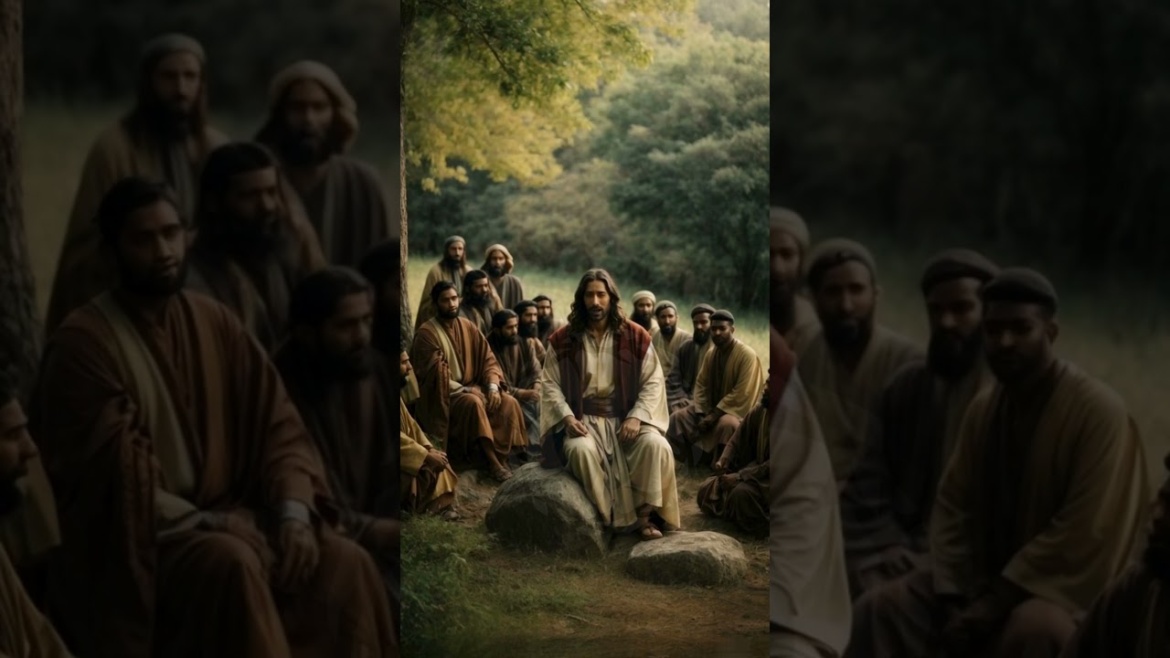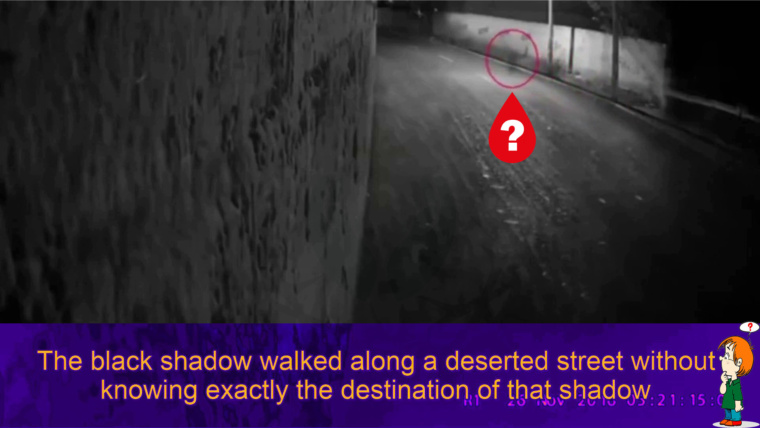The Significance of “Ye have heard that it was said by them of old time, Thou shalt not kill; and whosoever shall kill shall be in danger of the judgment: But I say unto you, That whosoever is angry with his brother without a cause shall be in danger of the judgment: and whosoever shall say to his brother, Raca, shall be in danger of the council: but whosoever shall say, Thou fool, shall be in danger of hell fire.”
The phrase “Ye have heard that it was said by them of old time, Thou shalt not kill; and whosoever shall kill shall be in danger of the judgment: But I say unto you, That whosoever is angry with his brother without a cause shall be in danger of the judgment: and whosoever shall say to his brother, Raca, shall be in danger of the council: but whosoever shall say, Thou fool, shall be in danger of hell fire.” is a powerful christian law used by Jesus in Matthew 5:21-22 from the Sermon on the Mount. It speaks to the depth and breadth of the commandment against murder, highlighting the potential violence in anger and hatred that can fester even within our thoughts and words.
Context of the Phrase
The law appears within Jesus’ Sermon on the Mount, a collection of teachings focusing on right living and morality for spreading God’s message. The law “Ye have heard that it was said by them of old time, Thou shalt not kill; and whosoever shall kill shall be in danger of the judgment: But I say unto you, That whosoever is angry with his brother without a cause shall be in danger of the judgment: and whosoever shall say to his brother, Raca, shall be in danger of the council: but whosoever shall say, Thou fool, shall be in danger of hell fire.” found in the Gospel of Matthew 5:21-22 within the Sermon on the Mount, where Jesus delivers several teachings that challenge and reinterpret existing religious and social norms. Prior to this, he emphasizes the importance of inner righteousness, exceeding the external requirements of the law. And by addressing the issue of angry thoughts and hateful words, Jesus continued to further elevate the standard of morality beyond mere physical action in this commandment.
Significance of the Phrase
The law “Ye have heard that it was said by them of old time, Thou shalt not kill; and whosoever shall kill shall be in danger of the judgment: But I say unto you, That whosoever is angry with his brother without a cause shall be in danger of the judgment: and whosoever shall say to his brother, Raca, shall be in danger of the council: but whosoever shall say, Thou fool, shall be in danger of hell fire.” expands the definition of murder. By highlighting the danger of angry thoughts and hateful words, Jesus emphasizes that the commandment against murder extends beyond the physical act of killing. Even the seeds of anger and hatred harbored within ourselves can have devastating consequences.
The law offers practical guidance for living a moral life. It reminds us that our words and actions have powerful consequences, and that true morality extends beyond external behavior to encompass our inner intentions and thoughts. By examining our own hearts and nurturing love and forgiveness, we can begin to embody the spirit of this commandment.
Application of the Phrase
The law “Ye have heard that it was said by them of old time, Thou shalt not kill; and whosoever shall kill shall be in danger of the judgment: But I say unto you, That whosoever is angry with his brother without a cause shall be in danger of the judgment: and whosoever shall say to his brother, Raca, shall be in danger of the council: but whosoever shall say, Thou fool, shall be in danger of hell fire.” offers valuable guidance for how we can live a more ethical and peaceful life.
The principles laid out in the law offer valuable lessons for Christians, individuals and society as a whole:
It emphasizes the power of thoughts: Identifying and addressing angry thoughts within ourselves is crucial to preventing them from manifesting in hateful words and harmful actions. So, it reminds us of the responsibility we bear to think with love and goodness.
It emphasizes the power of words: Words can be incredibly powerful tools, hateful words capable of inflicting harmful actions and fostering violence. So, it reminds us of the responsibility we bear to speak with love and kindness.
It ultimately emphasizes the power of intention: The need for intention from sensation, urging us to cultivate love and forgiveness within ourselves and towards others. So, it reminds us of the responsibility we bear to intend with love and forgiveness.
By applying these principles, we can create a more peaceful and just world where our words and actions are guided by love and compassion.
THE CHILD IS INTENDED INTO ONE SUB & NINE EXTREMES
« Samsara Extreme Of Heaven In Child Intended To Exist »
WHAT IS ✨ COLD CHILD SPACE? IT IS JUST CHILD EXTREME!
« Child Extreme’s Code & subExtreme’s Law »













